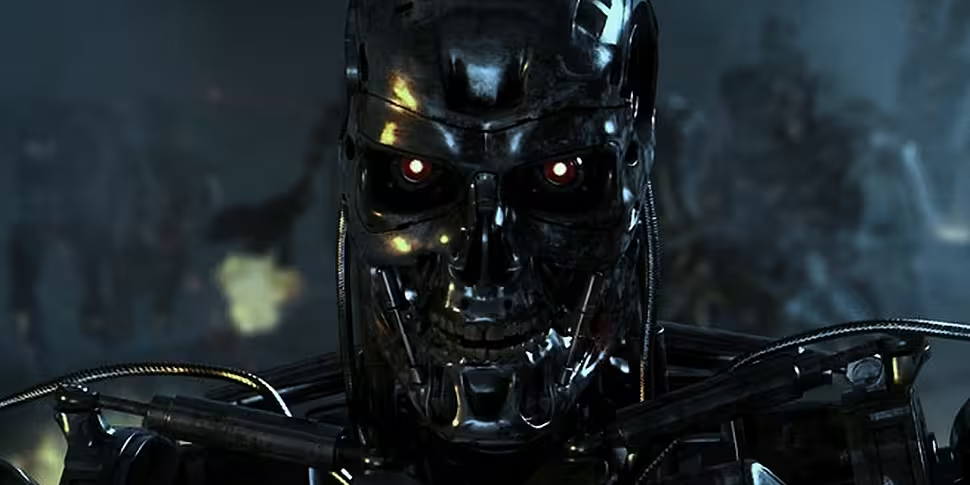The future of warfare has often been portrayed in science-fiction movies, but as the technology continues to catch up on even the most fanciful ideas of earlier writers, life could end up imitating art.
From the Space Race to the Manhattan Project, an uneasy relationship has always existed between science and military power, but during a time of relative peace, is our insatiable desire for technological progress sleepwalking us into a war torn future? If so, what will the battlefield of the future look like?
Advertisement
In 1984, the idea of a Terminator robot that was controlled by Skynet, a sentient synthetic intelligence, gripped the world in the cinema, becoming a box office smash hit. At that time, it seemed like a fanciful notion, but recently prominent figures in the worlds of technology and science have been warning us about the dangers that await if artificial intelligence (AI) is allowed to run rampant.
Billionaire investor Elon Musk has dedicated millions of his fortune to researching ways to prevent AI from causing a disaster, while Bill Gates has stated in the past that he believes AI could one day become too strong to control, a view shared by Stephen Hawking when he said it could spell the "end of the human race".
While much of the research into the possible liabilities of AI revolves around looking at the practical elements (what happens if your self-driving car breaks the speed limit?) Musk, Gates and Hawking have all talked about it becoming a force that may well get out of our control very easily.
That could be seen in the field of warfare sooner rather than later, an area that is driving some of the biggest leaps forward in autonomous technology. If members of the public are able to strap a handgun to a drone and upload a video of it to YouTube, what kind of technology is available to the more advanced military powers in the world?
This week on Futureproof (Saturday, 12pm), Jonathan McCrea will be talking to Peter Singer, political scientist, an international relations scholar and a preeminent specialist on 21st century warfare. He is currently Strategist for the New American Foundation and a contributing editor for Popular Science, and has some predictions about how technology is shaping the future of our lives and the future of warfare.
His new book Ghost Fleet is a near-futuristic thriller that is set during a hypothetical Cold War between China and the US that verges on the point of boiling over. What makes it stand out however, is the fact that, through its 400 endnotes, it shows how every trend and technology featured in book - no matter how far-fetched it may seem - is real, and highlights how war will be fought in two places that it never has been in the past: outerspace and cyberspace.









